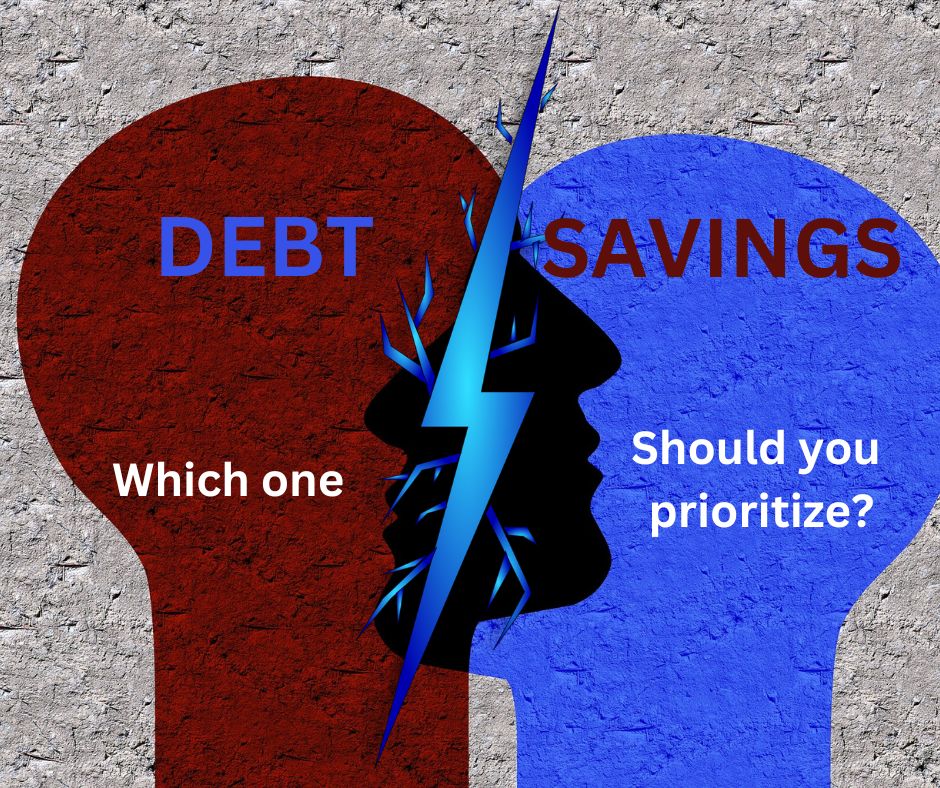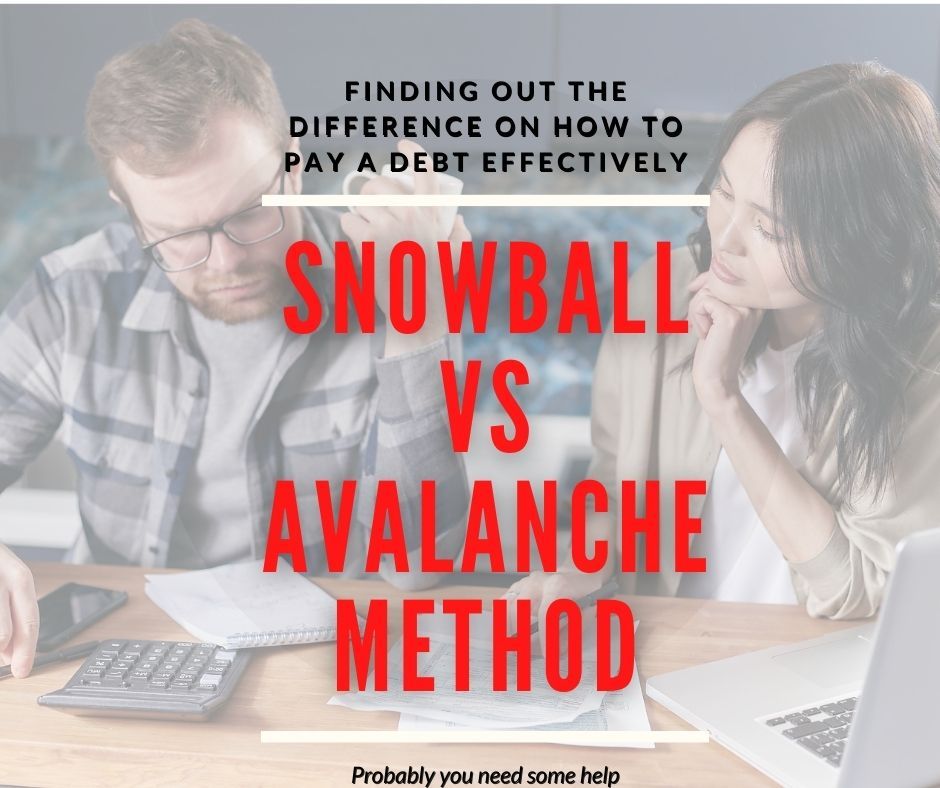Today, financial decisions hold more significance than ever, the age-old debate between debt and savings continues to captivate the minds of individuals seeking financial stability and prosperity. Both concepts hold distinct advantages and implications, and determining whether to prioritize debt repayment or savings accumulation can be a daunting task.
Table of Contents
ToggleThe Problems of Debt
Understanding the Types of Debt
Debt is a financial obligation that can be categorized into various types, such as consumer debt (credit card balances, personal loans), student loans, mortgages, and more. Each type of debt comes with its own terms, interest rates, and payment structures.
Impact of Debt on Your Financial Health
Carrying a substantial amount of debt can have profound effects on your financial health. High-interest debt, like credit card debt, can quickly accumulate and spiral out of control, leading to a cycle of never-ending payments and mounting stress. On the other hand, certain debts, like mortgages, might be considered as more manageable investments in long-term assets.
Prioritizing Debt Repayment
Strategically managing your debt repayment is crucial. Prioritize paying off high-interest debt first, as it can save you a significant amount of money in the long run. Create a structured payment plan that aligns with your monthly budget, and consider debt consolidation or refinancing options if they can provide you with lower interest rates or better terms. But it depends on which route you are taking, avalanche method or snowball method.
The Significance of Savings
Building a Financial Safety Net
Savings, on the other hand, act as a safety net during unforeseen circumstances. An emergency fund can shield you from the financial turmoil that can arise from unexpected medical bills, job loss, or other emergencies. Having an adequate savings cushion can provide you with peace of mind and reduce the need to rely on credit in times of crisis. Usually a financial advisor or the internet will always ask you if you have a savings which is a minimum of 6 months to a year of your monthly salary. But what if, your monthly expenses is more than your monthly salary? That will still be insufficient. So you have to take into account of your expenses as well in this case. Making sure that is does not exceed your monthly salary. But if you are only counting on your active income, what if you lost your job or injured so that you cannot do your work anymore? It will be devastating. So it is time to think about your future.
Long-Term Financial Goals
Savings also play a pivotal role in achieving long-term financial aspirations. Whether it’s buying a home, funding your child’s education, or planning for retirement, having a disciplined savings strategy can make these dreams a reality. Consider opening separate savings accounts for specific goals and contribute to them regularly. Best bet is always have more than 1 bank account. Minimum of 2 accounts. First bank for salary income and expenses and second for savings and emergency. Apart for these, you find other savings account which pays higher than the bank which is secured, like SMART PARK and Singlife, Singtel Dash EasyEarn (referral code “DASH-Y7B23″and you can get $3 cashback for your first remittance). Invest in something better than the banks but remember it also carry risk, like Webull and park the money in SPY SPDR S&P 500 ETF or something better.
Balancing Debt Repayment and Savings
Finding the equilibrium between debt repayment and savings accumulation is essential. While aggressively paying off debt can free up your financial resources, completely neglecting savings can leave you vulnerable to unexpected events. Allocate a portion of your monthly income to both debt repayment and savings, striking a balance that suits your financial situation.
Crafting Your Financial Strategy
Evaluate Your Financial Snapshot
To make an informed decision, begin by assessing your current financial state. Calculate your total debt, interest rates, monthly payments, and available income for savings. Having a clear picture will empower you to create a personalized strategy that optimally allocates your resources.
Create a Comprehensive Budget
Craft a detailed budget that outlines your monthly expenses, including essentials like housing, utilities, and groceries, as well as discretionary spending. This budget will serve as a roadmap for managing your finances and help identify areas where you can cut back to allocate more towards debt repayment and savings.
Seek Professional Guidance
If the decision-making process becomes overwhelming, seeking advice from financial professionals can provide valuable insights. Financial advisors can analyze your unique circumstances and help you devise a tailored plan that aligns with your short and long-term goals.
Conclusion
In the realm of personal finance, the debate between debt repayment and savings accumulation is a nuanced one. There is no one-size-fits-all solution, as individual financial situations vary widely. At Moneytalktips, we believe in empowering individuals to make informed decisions that set them on a path towards financial success. By understanding the impact of both debt and savings, and by crafting a well-balanced financial strategy, you can achieve the financial stability and peace of mind you deserve. Always do calculation which one will benefit you. Usually debt(s) interest triumph over savings. If you have a 0% interest on debt or $0 late payment fee, you might be looking at a winner for savings.




